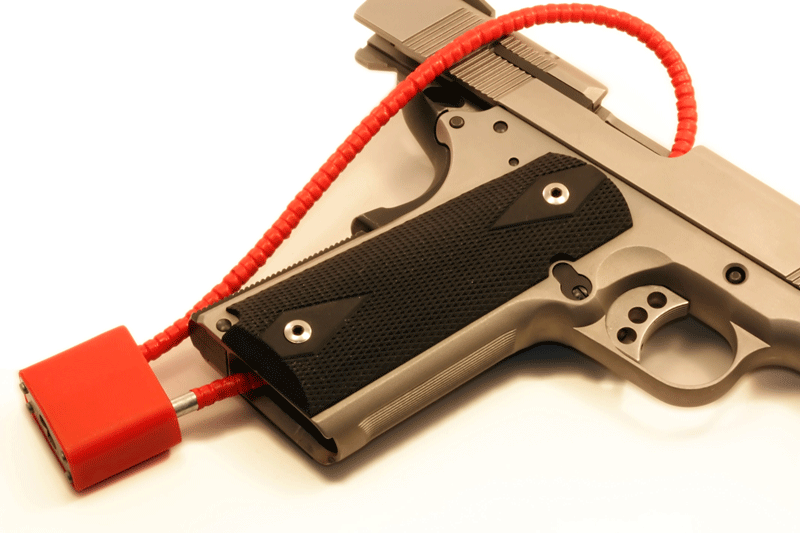Thoughts and Prayers . . . and New Gun Laws?
In the wake of the Parkland, Florida shooting last month that killed 17 people and injured 14 more, many people are calling for the federal government to take a stricter stand on gun control. This is what usually what happens after mass shootings. Typically, Congress debates possible legislation, is unable to reach an agreement, and nothing happens. This time, however, there is the potential for progress on gun control. There are two reasons for this: the Parkland survivors are showing an unwillingness to let the matter rest, and Trump himself has spoken out in favor of increasing gun restrictions. This post takes a look at the legislation being considered and the likelihood that any of it will actually become law.
Trump’s Role
Last week, the president surprised the nation by giving a speech on live television saying that he was in favor of tightening gun control laws post-Parkland. This is surprising because Trump has been a longtime supporter of the National Rifle Association (NRA), and accepted $30 million from them during his campaign for the presidency in 2016. Nevertheless, Trump called for legislation that would expand background checks; keep guns away from people with mental illnesses; improve school security; raise the rifle purchasing age from 18 to 21; and even ban assault-style weapons.
But it is probably too early for Democrats in Congress to get excited. President Trump has been known to quickly reverse his position on other similarly controversial issues, such as immigration reform. He is also still in favor of arming teachers and eliminating gun-free zones around schools. Most Democrats don’t agree with these measures. Some people even argue that Trump’s speech will make matters worse for the Democrats because it will cause the gun lobby to push back even harder, driving moderate Republicans who otherwise might have been willing to consider new gun safety legislation.
Congress’s Role
Congressional Democrats are using this moment of debate–and the surprising support of the president–to push for a universal background check system that will cover every gun transaction nationwide. Republicans, on the other hand, are trying to avoid the gun control debate altogether by focusing instead on other approaches, like improving school safety or giving more resources to local law enforcement agencies. Here are the four bipartisan gun control ideas that are currently on the table in Congress:
- The Fix NICS Act would strengthen current enforcement of the National Instant Criminal Background Check System (NICS). All federal agencies are supposed to enter criminal convictions into this system. Gun sellers then use the information to make sure that someone is eligible to buy a gun. The problem is, these federal agencies are often understaffed and underfunded. In many instances, this has led to information slipping through the cracks, and people receiving guns who should not be allowed to have them. A version of the Fix NICS Act has already passed the House of Representatives.
- The “Toomey-Manchin” proposal: At the moment, only federally-licensed gun dealers have to conduct a background check before making a sale. This proposal would expand the background check requirement to internet sales and gun shows. The president has already voiced his support for this proposal.
- Raising the Age Limit: Currently, one has to be 21 to purchase a handgun, but only 18 to buy a rifle, such as the AR-15 used in the Parkland shooting last month. This proposed legislation would raise the purchasing age to 21 for rifles as well as handguns.
- “Bump stock” ban: Bump stocks are devices used to make semiautomatic weapons function as fully automatic ones (automatic weapons are generally banned in the U.S.). They were used, for example, by the Las Vegas shooter. Trump has said that he would support a bump stock ban, and the NRA has pledged its support if the ban comes from the Trump administration, not from Congress.



